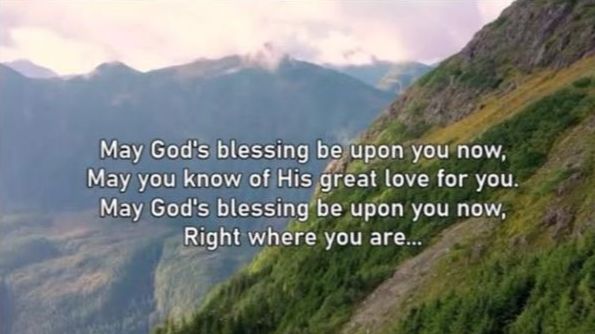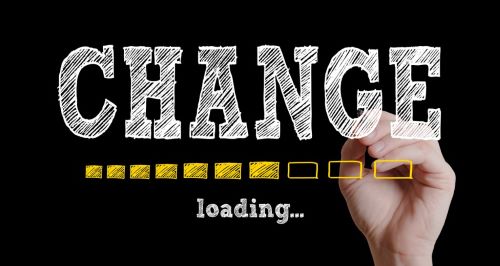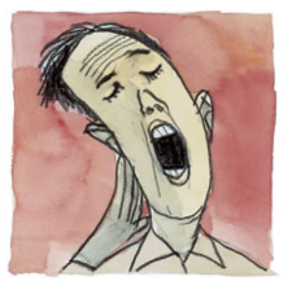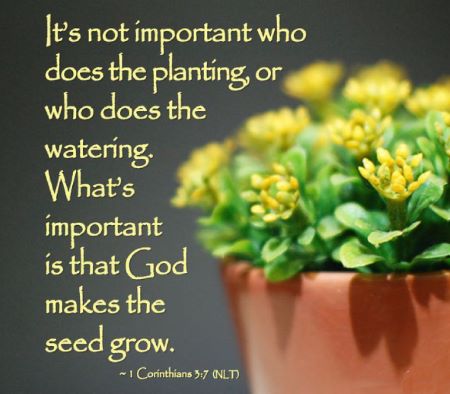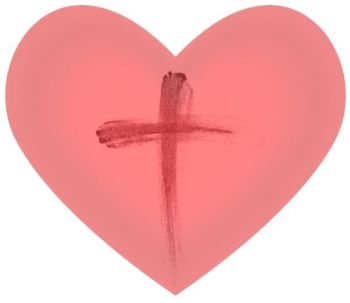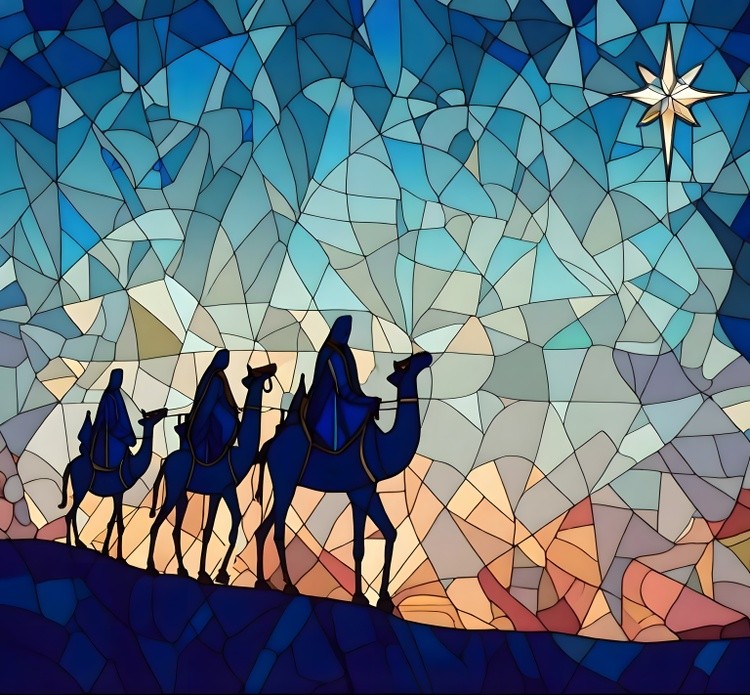
To Everything There is a Season
Every ending has a new beginning. Sometimes we can hardly wait for something to end; and at other times, we hold on to it, resisting change and longing for the good old days. Sometimes we truly appreciate what we had but are ready to move on; and sometimes we place only a little value on what we had and look for meaning in our future, rather than our past or even in the present.
Sometimes we see the facets of our lives as distinct, separate, and disconnected; and sometimes we’re surprised to see how one thing can affect something else. Even when we do something as simple as sending an email, the email is broken up into small electronic packets, transmitted, verified, and reassembled in our Inbox as a unified whole… something we can read. And so, it is both separate and whole.
My former bishop in Southern Ohio, The Rt. Rev. Thomas Breidenthal wrote a paper called Atonement and the Neighbor. When I heard him speak about it, about who our neighbor was, one of the things he said was “The divisions between us are lies.” Now there may be boundaries in life that justifiably keep things distinct and separate. If milk had no container, no boundary holding it together, it would just glug out into the bottom of our refrigerator––so boundaries do serve a purpose. But
even quantum physics tells us about how we and all of creation are inter-connected. Some of the connections may be small and may sometimes not mean much in a practical sense; but the fact that they exist forces us to see with fresh eyes. And when we’re able to imagine, sense, or experience the way that each one of us forms the body of Christ, almost like a web which connects us, we can reach out farther into Mystery, and also be more solidly grounded when we do.
When my daughter was young, her mother and I taught her about how it’s possible (and normal) to have mixed feelings. For example, that she might be excited to start summer vacation, and at the same time, sad that she’d miss her school friends. And as Two Churches and Holy Trinity form the body of Christ together, we have over the last two years ––– sometimes out of necessity and sometimes for the fellowship of it all ––– worshiped together and had fun together. As a half-time priest and pastor to our two communities (well, three congregations in two locations) we have ended some things and begun others; and some of you may have mixed feelings as we continue to live into this new way of being, and experience how it unfolds.
With God, all things are possible. We do great things; even though there are some bumps along the way. This is new territory for all of us and for me. We’ll continue learning about each other, realizing new ways of doing things, struggling to communicate more clearly, dot all the “I”s and cross all the “T”s, and figuring out better ways to achieve our common but separate goals.
When I first began with Holy Cross and Ascension twelve years ago, there were two of most kinds of meetings. Over the years, many of those twos have been combined into one (“The divisions between us are lies.”). And leadership at Two Churches is exploring whether and how we can form a Union congregation (one legal entity which combines Two Churches’ Episcopal and Lutheran denominations). And now, with Holy Trinity added into the mix, I’m / we’re back to two of some things, as we discern and determine to effect God’s justice.
We now live in a post-COVID world. And as we continue to reflect on the social justice inequalities the pandemic has exposed, some are asking how we can recover the busyness of our pre-pandemic lives. But others are asking: What is preventing me from doing less? The question itself may fly in the face of a mindset and an economy grounded in conspicuous consumption; but what we may well have done to ourselves as the result of this frantic pace, is segue into a new geologic epoch referred to as the Anthropocene. We are living in a time when humans have become the single most influential species on the planet, causing significant global warming and other changes to land, environment, water, organisms, and the atmosphere. But we have also been the single most influential species when it comes to enshrining inequality, of various kinds, into our laws. And if the divisions between us are lies, then the questions we must ask are about seeking unity and distilling and maintaining the highest values, principles, and actions which have come down to us through the church. And how we can ensure our ability to offer them up to all people. Perhaps this new epoch will correlate to a new season, in which we jettison those things which no longer work for everyone, and promote those things which do. A wise man said: “The care of human life and happiness, and not their destruction, is the first and only object of good government. We must struggle for creating a democratic system that is dedicated to democracy and human rights. As I would not be a slave, so I would not be a master.”
Almighty and everliving God, source of all wisdom and understanding; guide us to perceive what is right, and grant us both the courage to pursue it and the grace to accomplish it; through Jesus Christ our Lord. Amen.

